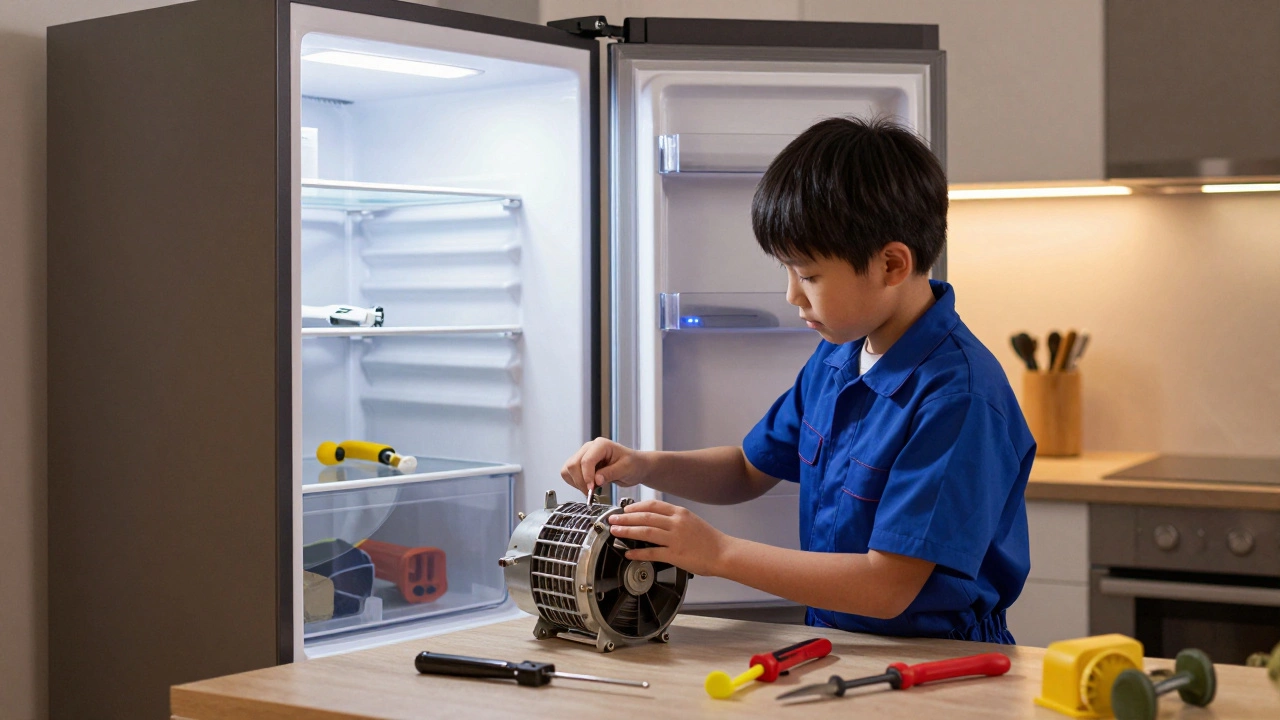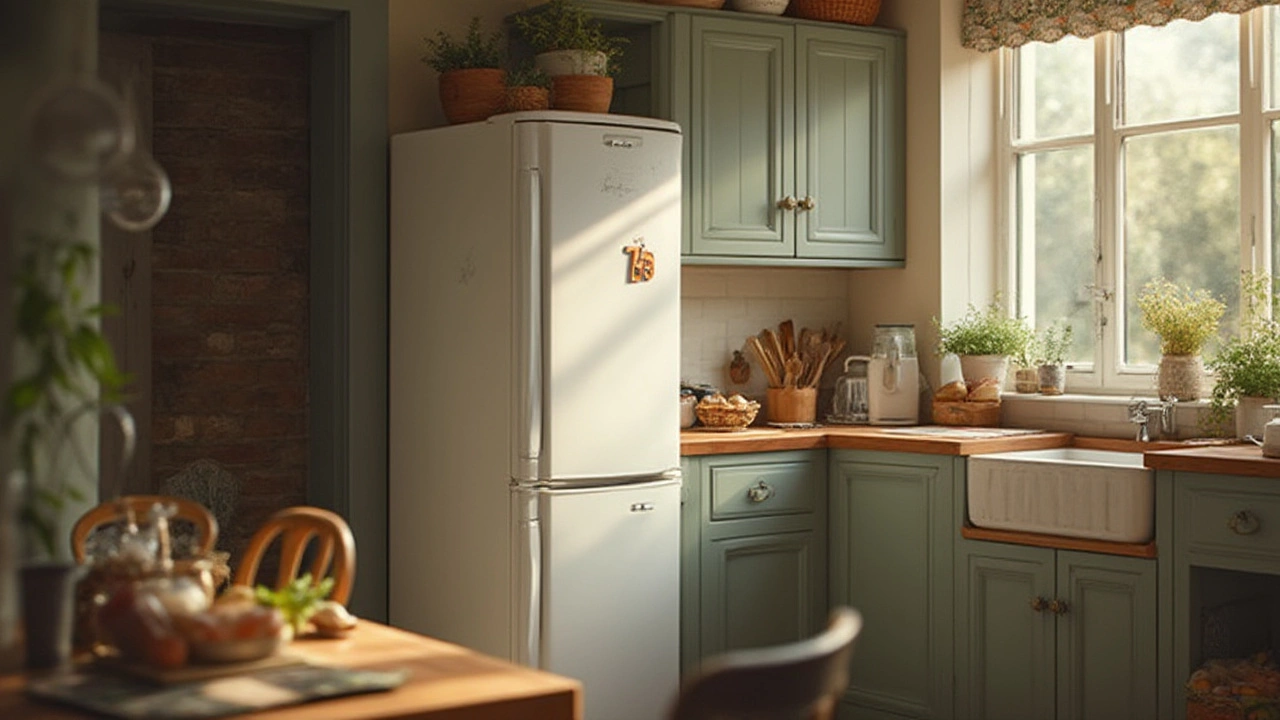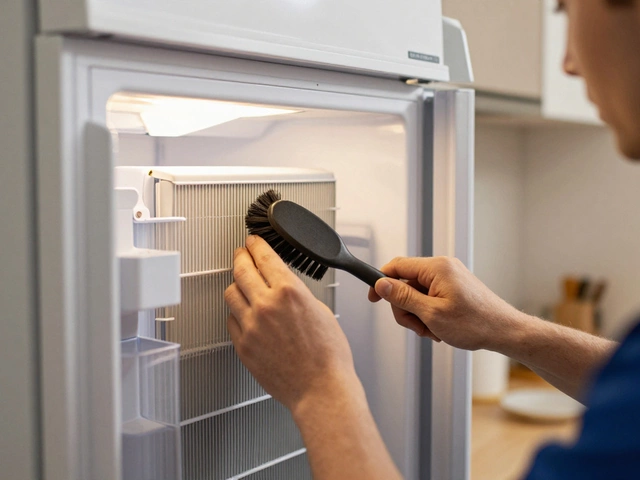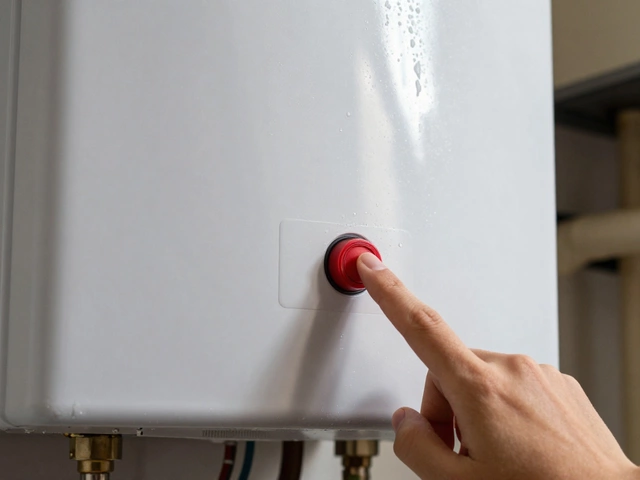Freezer Lifespan: What to Expect and How to Extend It
When talking about freezer lifespan, the period a freezer can reliably keep food frozen before major components need replacement. Also known as freezer durability, it guides homeowners on when to service, repair, or replace the unit.
Understanding freezer lifespan starts with three key players. First, the ice maker, a component that adds convenience but also adds wear points. Second, the refrigerator, which shares many parts with a freezer and often follows a similar aging curve. Third, the broader concept of appliance maintenance, the set of practices that slow down wear and keep performance steady. These three entities intersect: a well‑kept ice maker can boost overall freezer life, and regular maintenance on the whole appliance family reduces costly breakdowns.
What Influences Freezer Lifespan?
Freezer lifespan isn’t a single number; it’s shaped by several attributes. Component durability is a major factor—compressors, seals, and defrost heaters each have their own wear rates. For example, a compressor that runs continuously in a hot garage will age faster than one in a climate‑controlled basement. Usage patterns also matter. Frequent door openings, overloading, and storing warm items force the unit to work harder, shortening its useful years.
Environment plays a role too. High humidity can corrode metal parts, while extreme cold can make seals brittle. Lastly, maintenance frequency is a controllable attribute. Cleaning condenser coils, checking door gaskets, and defrosting when ice builds up are simple actions that add years to the freezer’s life.
Putting these ideas together creates a few semantic triples: Freezer lifespan encompasses component durability; Ice maker performance influences freezer lifespan; Appliance maintenance extends freezer lifespan. Recognizing these links helps you focus on the right tasks instead of guessing what will break next.
Now that we’ve mapped the main influences, let’s look at the typical life expectancy you can expect. In the UK, a well‑maintained chest freezer often reaches 10‑15 years, while upright models average 8‑12 years. Ice makers, being mechanical, tend to need service after 5‑7 years. Refrigerators, which share similar compressors, usually last 12‑14 years. These numbers are averages; your actual result will depend on the attributes we just discussed.
So how can you boost that timeline? Start with the easy wins: clean the condenser coils at least twice a year, wipe down the door seal with warm soapy water, and level the unit to ensure even cooling. If your freezer has an ice maker, inspect the water line for leaks and replace the filter as recommended by the manufacturer. Finally, schedule a professional check‑up every few years—technicians can test refrigerant levels, assess compressor health, and spot early signs of wear that the average homeowner might miss.
These practical steps tie back to our entity network. By tending to the ice maker, you protect a component that directly affects overall freezer health. By keeping the freezer and its sibling refrigerator clean, you reduce strain on shared parts like the compressor. And by adopting a routine maintenance plan, you create a safety net that catches problems before they become expensive repairs.
Below you’ll find a hand‑picked collection of articles that dive deeper into each of these areas—from troubleshooting a freezer that stops making ice, to comparing repair vs. replace decisions for refrigerators, and even tips on extending the life of other kitchen appliances. Use them as a toolbox to keep your freezer humming for years to come.



